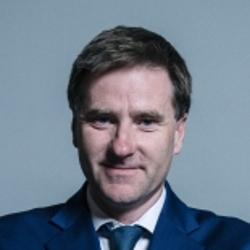Prescriptions: Fees and Charges
(asked on 18th April 2018) - View SourceQuestion to the Department of Health and Social Care:
To ask the Secretary of State for Health and Social Care, what the criteria are to qualify for a medical exemption certificate to allow people not to pay for their prescriptions.
A person can get free National Health Service prescriptions if they have one of the medical conditions listed in regulation 10 of the National Health Service (Charges for Drugs and Appliances) Regulations 2015, and hold a valid medical exemption certificate.
Medical exemption certificates are issued on application to people who have:
- a permanent fistula (for example, a caecostomy, colostomy, laryngostomy or ileostomy) requiring continuous surgical dressing or requiring an appliance;
- a form of hypoadrenalism (for example, Addison's disease) for which specific substitution therapy is essential;
- diabetes insipidus or other forms of hypopituitarism;
- diabetes mellitus, except where treatment is by diet alone;
- Hypoparathyroidism;
- myasthenia gravis;
- myxoedema (hypothyroidism requiring thyroid hormone replacement);
- epilepsy requiring continuous anticonvulsive therapy; and
- a continuing physical disability that means the person can't go out without the help of another person – temporary disabilities do not count, even if they last for several months.
They are also issued for people undergoing treatment for cancer:
- including the effects of cancer; or
- the effects of current or previous cancer treatment.
Patients can apply for a medical exemption certificate by asking their doctor for Form FP92A.

